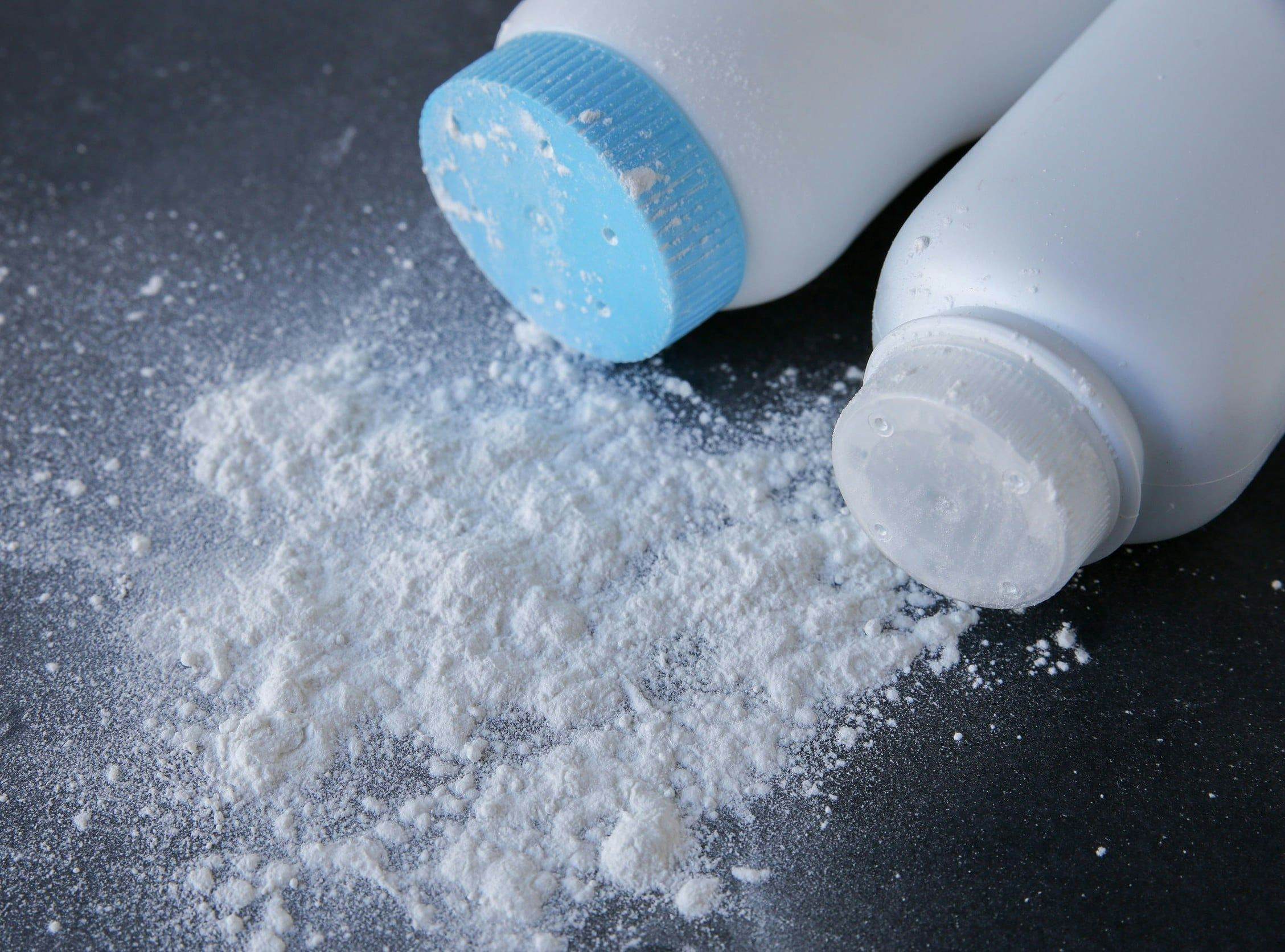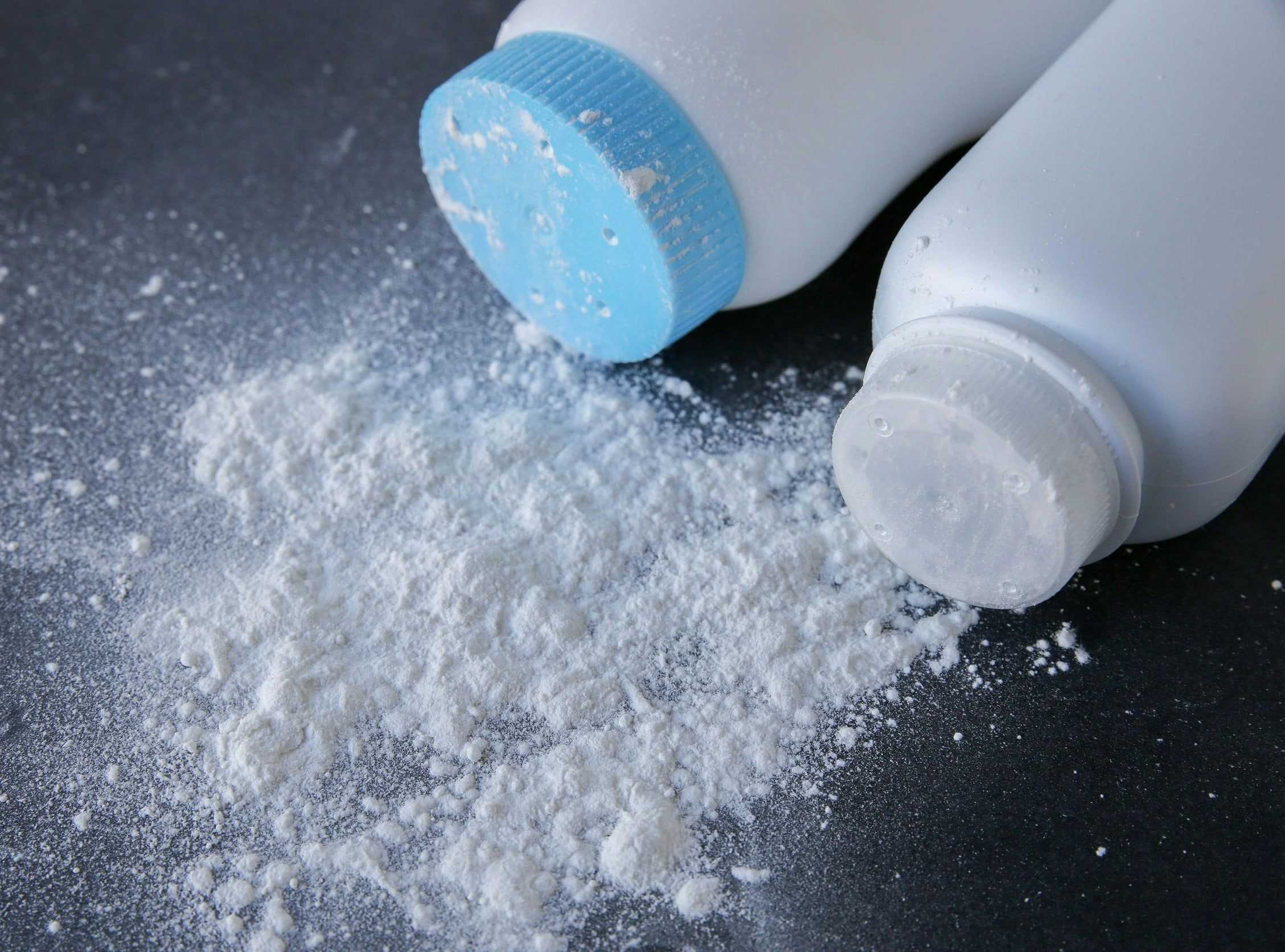On June 23, 2020, the Missouri Court of Appeals, Eastern District upheld a 2018 jury verdict against Johnson & Johnson and ordered the company to pay $2.1 billion to women who claimed to have developed ovarian cancer from using its talc-based products. The damages amount, however, was reduced by over 50% from $4.29 billion after the court deemed that some out-of-state plaintiffs should not have been included in the original lawsuit.
Carcinogen Claims Against Johnson & Johnson
In 2018, a Missouri circuit court held the initial trial against Johnson & Johnson. During the six week trial, a jury heard arguments that asbestos within the company’s talcum powder-based products had led to the plaintiffs developing ovarian cancer. Johnson & Johnson was also accused of failing to provide warnings of the links between its talc products and cancer risks. Of the 22 plaintiffs, six of the women had passed away from their cancer. Upon deliberation, the jury awarded $4.14 billion in punitive damages and $550 million in compensatory damages to the women and their families. In response to this decision, Johnson & Johnson vowed to appeal.
A History of Asbestos Damage
Asbestos, a naturally occurring carcinogen, can be found in organic talc mineral. However, in 1976, the Cosmetic, Toiletry, and Fragrances Association (CTFA) released voluntary guidelines to remove all detectable levels of asbestos from talc products used for cosmetic purposes. In the years following these guidelines, research has uncovered links between talc products used for feminine hygiene purposes and ovarian cancer. In the 1980s, consumer advocacy groups began to raise alarm bells that Johnson & Johnson talcum powder still contained traces of asbestos, prompting the company to release an alternative version made from cornstarch. Johnson & Johnson has also cited “shoddy science” as the culprit for these findings.
The Appellate Court’s Decision
Among the most glaring evidence cited in the appellate decision are internal memorandums from Johnson & Johnson dating from 50 years ago, discussing its awareness of asbestos in talc products and this potential danger. In its decision, the court explained, “A reasonable inference from all this evidence is that, motivated by profits, defendants disregarded the safety of consumers despite their knowledge the talc in their products caused ovarian cancer.”
The monetary damages were, however, reduced after the court deemed only residents of Missouri were eligible. Five of the original 22 plaintiffs were Missouri residents. In the revised damages, the court awarded $1.62 billion in punitive damages and $500 million in compensatory damages.
Johnson & Johnson’s Response
Following the appellate decision, a Johnson & Johnson spokeswoman stated the company plans to seek further review from the Missouri Supreme Court. “We continue to believe this was a fundamentally flawed trial, grounded in a faulty presentation of the facts,” said Kim Montagnino, spokeswoman for the company. This case, one of over 19,000 that has emerged alleging links between talc products and cancer, was handed down just a month after Johnson & Johnson announced it would stop selling talc-based baby powder in North America. The decision also comes several months following an FDA recall of over 33,000 bottles of Johnson’s Baby Powder after a regulator discovered traces of chrysotile asbestos in a bottle bought online. As for the state of its products, the company’s spokeswoman asserted, “We remain confident that our talc is safe, asbestos free and does not cause cancer.”




